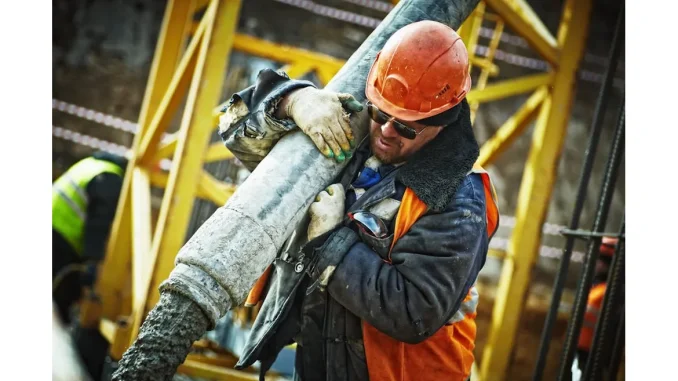
Excavation projects within the United Kingdom transcend the mere act of digging; they require a thorough comprehension of myriad regulations, safety measures, and meticulous planning to ensure both successful and compliant outcomes. Whether the objective is construction, landscaping, or other purposes, the ability to navigate the intricate landscape of excavation regulations is paramount. This expertise helps in avoiding legal repercussions and upholding the highest safety standards.
Read more about sustainable development.
The initial and critical step before embarking on any excavation project in the UK is to determine whether planning permission is necessary. This assessment is contingent on various factors such as the excavation’s depth, its location, and the project’s overall scope. Neglecting the requirement for proper permits can lead to severe consequences, underscoring the importance of adhering to UK laws. Engaging with Local Planning Authorities or professional planners ensures that legal compliance is maintained throughout the project’s duration. Moreover, understanding permitted development rights, which allow certain types of work to proceed without a full planning application, is crucial. These rights, however, come with limitations, particularly for more extensive projects where environmental impact assessments may be required to evaluate potential effects on the environment and to mitigate any adverse impacts.
Excavation projects inherently pose several risks, especially when dealing with high water tables or variable ground conditions. Conducting a comprehensive assessment of soil types and ground conditions before commencing any digging activities is essential to mitigate the risks of collapses and other hazards. Different soil types, such as sandy or clay soils, present unique challenges that must be addressed to ensure a safe and efficient project. Engaging with geotechnical experts can provide valuable insights into best practices for managing various soil types, further ensuring the project’s safety and efficiency. Groundwater management is a vital aspect of preventing excavation collapse risks, and continuous consultation with utility providers and experts is essential to maintain safety standards throughout the project’s lifecycle.
Another pivotal element of any excavation project is the identification of below-ground hazards, such as buried utility services. Preventing accidents and damage to existing infrastructure necessitates acquiring precise service maps and employing advanced cable detection tools. Engaging with utility providers and experts is fundamental in maintaining safety standards and averting potential hazards that may arise during the project. The importance of this cannot be overstated, as damaging utility services such as gas, water, and electricity lines can have catastrophic consequences, both from a safety perspective and in terms of project delays and costs.
The potential discovery of archaeological finds during excavation adds another layer of complexity to these projects. The UK boasts a rich historical heritage, and it is not uncommon to uncover artifacts during excavation activities. Should any such artifacts be discovered, it is imperative to halt the project immediately and report the findings to the relevant authorities. There are specific guidelines for handling archaeological finds, and non-compliance can lead to fines and the requirement to restore the land to its original state. Professional excavation companies, well-versed in UK regulations, ensure compliance with safety standards and offer a streamlined project execution process. This expertise is invaluable in navigating the regulatory landscape and ensuring that all legal requirements are met.
Adhering to building regulations and Health and Safety Executive (HSE) guidelines is indispensable for ensuring safe excavation practices. These regulations are designed to safeguard workers and the public from potential hazards. Regular consultation with utility providers and experts is crucial in maintaining safety standards and addressing any emerging issues promptly. Early engagement with the Local Planning Authority can expedite the planning permission process, as the timeframes for obtaining permits vary based on the project’s complexity and the local authority’s workload. Initiating this process early and maintaining open communication with the authorities can minimise project delays and enhance overall efficiency.
For those seeking additional guidance, online resources such as the Planning Portal offer invaluable information on excavation projects in the UK. These resources provide technical advice on permitted development rights, Householder PDR classes, and other relevant topics. Leveraging these resources can significantly enhance project planning and execution, ensuring that all aspects of the project are thoroughly considered and addressed. Understanding these nuances is crucial for successful project outcomes and for maintaining compliance with the myriad regulations that govern excavation activities in the UK.
Ultimately, the success of an excavation project in the UK hinges on meticulous planning, strict adherence to regulations, and a comprehensive understanding of the processes involved. By prioritising safety, compliance, and project excellence, individuals and companies can confidently navigate the complexities of excavation regulations. This approach ensures legal compliance and contributes to the overall success and efficiency of the project, leading to successful outcomes and peace of mind for all stakeholders involved.


Be the first to comment